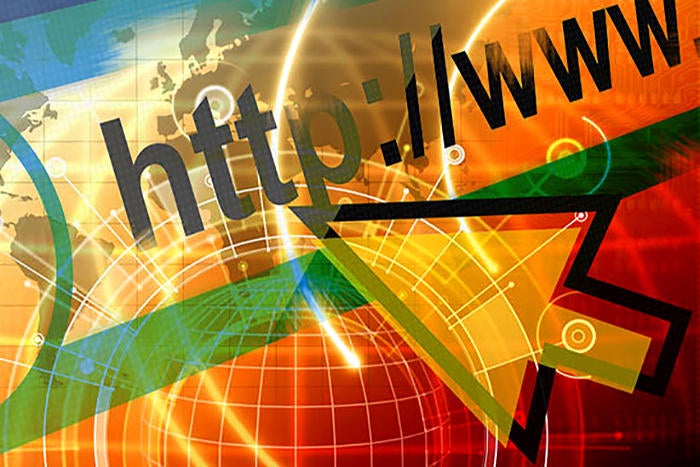ICANN denies Ukraine request to shut down Russian internet domains

The president and CEO of the Internet Corporation for Assigned Names and Numbers (ICANN) has denied a Ukrainian request that would have effectively cut the rest of the world off from Russian websites, as Russia’s ongoing invasion of its neighbor entered its seventh day.
In an open letter sent on March 2 to Ukrainian Deputy Prime Minister Mykhailo Fedorov, ICANN’s Göran Marby said that the internet regulator has “globally agreed policies” that do not permit it to perform the requested actions, which included revocation of Russia’s top-level .ru domain and SSL certificates, and the shutdown of root servers keeping large portions of the Russian internet accessible to the outside world.
“In our role as the technical coordinator of unique identifiers for the Internet, we take actions to ensure that the workings of the Internet are not politicized, and we have no sanction-levying authority,” Marby wrote.
Additionally, the ICANN CEO noted that the SSL certificate and root server requests were simply beyond the group’s technical ability to accomplish, as those features are maintained by third parties not under ICANN’s control.
The Ukrainian government may well have known that the request to ICANN would be denied, but made it anyway out of a desire to spur action on other fronts, said Gartner Senior Research Director Mike Toussaint.
“I believe that whoever wrote [Ukraine’s request] knew that ICANN couldn’t do this, but because it’s the central point for a lot of people who manage these things … it becomes the focal point for other organizations to rally around,” Toussaint said, though he also noted that broad-based action against the Russian internet from any major regulator appears unlikely.
Had ICANN pulled Russia’s top-level domain, it would have had broad effects on the internet at large. Any server with an .ru suffix would be essentially invisible to anyone trying to reach it via a web address, though directly contacting sites using an IP address would still have worked, Toussaint said.
Yet even that wouldn’t necessarily have “shut down” major companies’ internet presence, he noted, because most have .com as well as .ru addresses.
“A perfect example is Aeroflot,” said Toussaint. “You can go to Aeroflot.ru, and that would’ve been shut down, but not Aeroflot.com.”
Despite the denial, Marby expressed sympathy for Ukraine’s ordeal and stated that the group’s support for Ukraine’s own internet would continue.
“ICANN stands ready to continue to support Ukrainian and global internet security, stability and resiliency,” he wrote.
ICANN had no further comment on the matter as of this article’s publication.
Copyright © 2022 IDG Communications, Inc.

